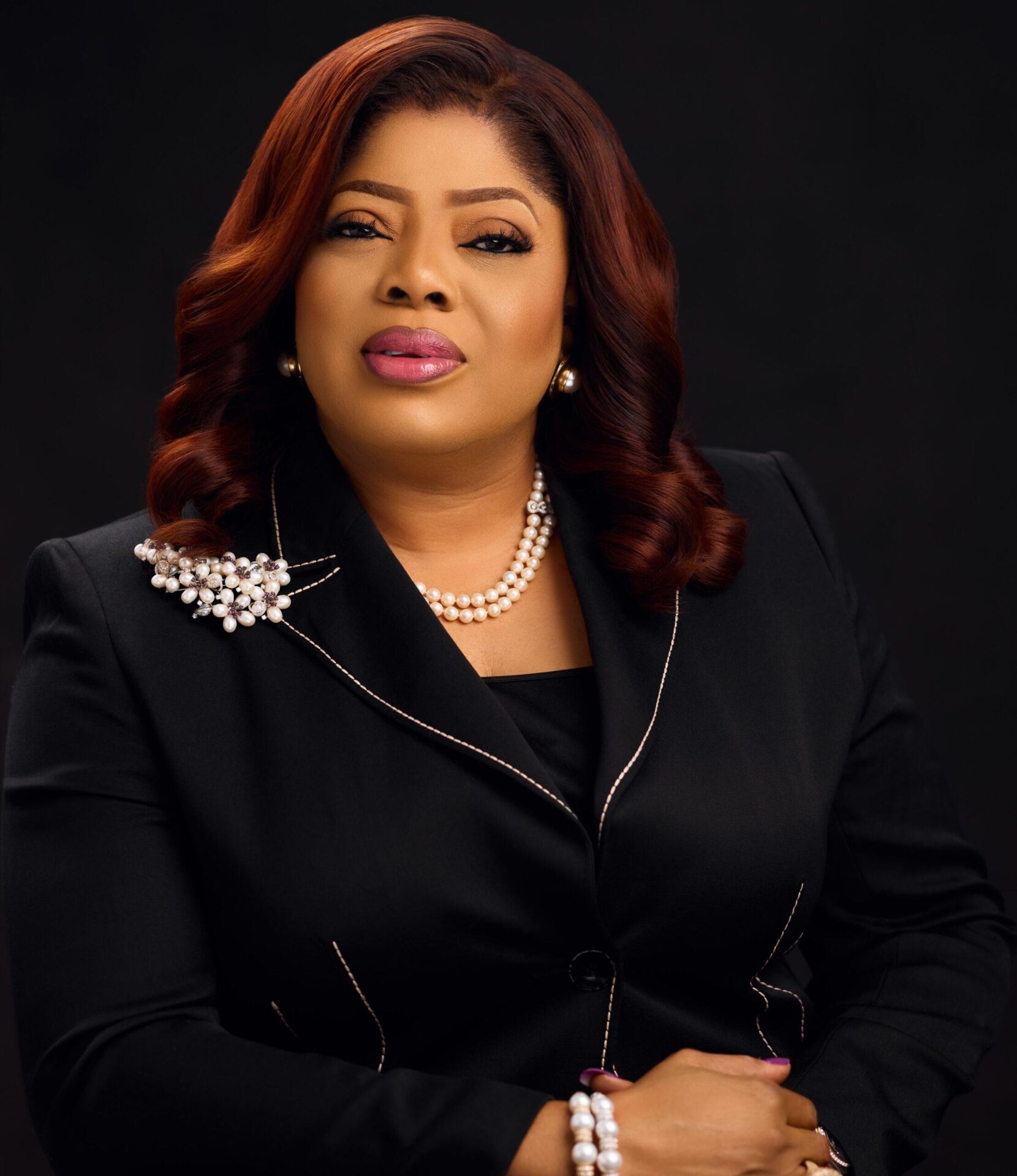Nneka Onyeali-Ikpe, the Managing Director/CEO of Fidelity Bank Plc and Miriam Chidiebele Olusanya, the Managing Director of Guaranty Trust Holding Company, have been named among the top 10 women CEOs in Africa.
The announcement was made by Africa.com, which released its third annual Definitive List of Women Chief Executive Officers (CEOs) on April 19.
What makes this list unique is that it is based on data-driven research and represents one of the first analyses of the performance of publicly listed companies in Africa conducted through a gender lens. Sponsored by Standard Bank Group, the list includes 93 women from 17 countries who have qualified based on either large-scale revenue or large-scale market capitalisation.
Investors King analysis shows that the list includes 40 women from South Africa, 12 from Nigeria, and 6 from Egypt, Ghana and Kenya respectively.
Africa.com analysed 2,020 companies listed on the 24 African stock exchanges. Of the 2,020 companies, Africa.com screened for those companies with revenue of $100 million or more, or a market cap of $150 million or more, which yielded a list of 787 companies.
The public websites of all 787 companies were examined to identify female C-suite executives. The team then researched each woman to determine those who have a title of chief executive officer or managing director or president AND conducted a review to confirm that these executives have bottom line, profit and loss responsibility for the companies. This resulted in 40 women CEOs on group 1.
The methodology for group 2 is identical to the methodology for Group 1, except that the entities evaluated were the divisions of the 787 companies, such that the divisions themselves have standalone revenue of $100 million or more.
The women running these divisions must have a title that clearly demonstrates that they are the chief executive with profit and loss responsibility for the division. This analysis yielded 28 women division heads.
Group 3 started with an analysis of global corporations with revenue over $10 billion who have operations in one or more countries on the African continent.
The regional heads of these companies were analysed to identify women executives for an Africa region or an African country, with profit and loss responsibility for the country or region. This analysis yielded 25 women. Women in this group are ranked by prioritizing those who run the Africa region ahead of those who run a single African country.
The three groups make up the final Definitive List of 93 women listed below. The 40 women from Group I are: Natascha Viljoen, CEO, Anglo American Plc, a company listed on Johannesburg Stock Exchange; Nompumelelo Zikalala, CEO, Kumba Iron Ore Ltd, also listed on Johannesburg Stock Exchange. Others are: Mpumi Madisa, CEO, Bidvest Group, a Johannesburg Stock Exchange listed company; Bertina Engelbrecht, CEO, Clicks Group Ltd, also listed on Johannesburg Stock Exchange.
The list also includes Nombasa Tsengwa, CEO, Exxaro Resources, listed on the Johannesburg Stock Exchange; Albertinah Kekana, CEO, Royal Bafokeng Holdings, listed on the Johannesburg Stock Exchange; Jane Karuku, Group Managing Director & CEO, East African Breweries, listed on Nairobi Stock Exchange; Ntombi Felicia Msiza, CEO, Raubex Group Ltd, listed on the Johannesburg Stock Exchange.
Africa.com is a media holding company with an extensive array of platforms that reach a global audience interested in African content and community.
Sex education is an essential tool for empowering children with knowledge about their bodies and sexuality. It provides them with the necessary tools to recognize and report sexual abuse, protect themselves and others from potential harm, and promote healthy relationships.
Unfortunately, in many societies, sex education is still a taboo subject, and children are left vulnerable to abuse and exploitation.
The case of the 14-year-old boy is particularly concerning as he is also a minor. This highlights the importance of educating children about appropriate sexual behavior and respect for boundaries, regardless of age. It also raises questions about how to handle cases involving minors accused of sexual offences.
While the law must take its course, there is a need for a nuanced approach to ensure that minors are held accountable for their actions without further traumatizing them.
The government must take swift and decisive action to address sexual offences against minors and provide support to families and communities in need. By working together, we can create a safer and healthier future for our children.




 Naira4 weeks ago
Naira4 weeks ago




 Naira4 weeks ago
Naira4 weeks ago


 Naira3 weeks ago
Naira3 weeks ago


 News4 weeks ago
News4 weeks ago
 Travel4 weeks ago
Travel4 weeks ago




 Naira4 weeks ago
Naira4 weeks ago


 Jobs3 weeks ago
Jobs3 weeks ago
 Naira3 weeks ago
Naira3 weeks ago















